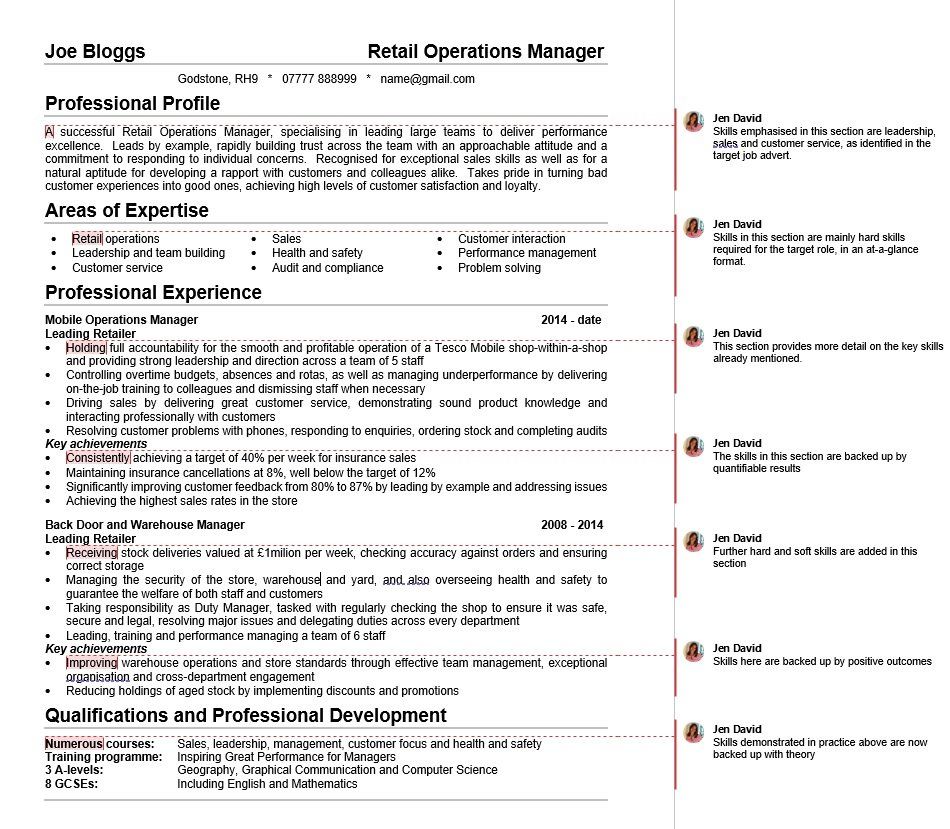What are the best skills for a CV?
Everyone knows that you need to show off your skills on your CV - but what’s the best way to do that and which skills should you include? CV Shed has the lowdown on how to make the skills on your CV pop!
What kind of skills should my CV have?
There are two main types of skill to showcase on your CV – soft skills and hard skills.
Soft skills
Soft skills are sometimes called transferable skills. They’re the sort of skills that will be useful in many different roles and industries. Examples of soft skills include teamwork, communication and reliability.
Hard skills
Hard skills generally relate to specific jobs or sectors. Examples of hard skills include computer programming, animal care and digital marketing.
Your CV should include both types of skill on your CV, but presented differently in different parts of your CV.
Where should I put skills on my CV?
Your skills should be evident throughout your CV and should shine through in every section! Here's where and how to show off skills on your CV:
In the Profile section
Analyse job adverts for the kind of role you’re interested in, to identify the top skills which are most in demand. Weave the most common skills into your Profile. Ideally, you’ll focus on hard skills here, unless you’re applying for an entry-level role or changing career. For example, if you identify "data analysis" as an in-demand skill for your target role, you could include "specialising in data analysis" or "confident analysing large volumes of data" in your profile.
In the Key Skills section
Obviously! Directly below the profile, you should include a Key Skills section. Ideally, this will be around 6-12 bullet points, comprising keywords that you highlighted in the job adverts – as long as you genuinely do have these skills! Again, focus on hard skills if possible. For example, you may want to list "data analysis, data modelling, statistics, data visualisation" if those words appear in your target job advert. No long sentences needed for this section - easily-scannable bullets are the way forward. If what's specified in the advert is worded differently on your CV, change your CV so that readers can see at-a-glance that you're the right fit.
For entry-level roles and career changers, with limited hard skills, it can be beneficial to include soft skills too.
In the Career Summary section
Don’t stop at listing your responsibilities in this section – it’s a great opportunity to weave plenty of skills into your CV! You can include hard and soft skills here, although the higher up the career ladder you climb the more the basic soft skills will be taken as a given. In the achievements subsection, try to give examples of when you’ve used each skill, alongside a positive outcome – for example, “demonstrated skill in conflict management by de-escalating incidents between door staff and the public, resulting in less need for police involvement and increased customer safety”. If you can quantify the outcomes, that’s even better! In that case, it might read "used conflict management skills to reduce police call-outs by 75%".
In the Education section
Recent graduates or school- and college-leavers may struggle to give examples of professional skills on their CVs, but skills gained in education are just as valid. As well as detailing your qualifications, you can add skills to this section too – for example, multitasking when you juggled university deadlines with part-time work, leadership when you took a lead role in a group project, public speaking when you presented to the class, and so on. Once you're established in your career, the skills in this section of your CV can be removed.
In the Interests section
Not all CVs benefit from an Interests section, but if you’re a bit light on examples, or your extra-curricular activities show off skills that aren’t coming through elsewhere on your CV, then adding an Interests section gives you the opportunity to show off some more key skills on your CV.
In the Further Details section
Again, this section isn’t strictly necessary, but if you have any additional skills that might swing the application in your favour it can help to add an extra section. Maybe you can speak other languages, can use key IT applications or have skills gained through voluntary work? If you don’t tell them, they won’t know! For example, you could show off your leadership skills by saying "managed a team of 3 volunteers as a Scout Leader".
What skills should I avoid on my CV?
While every skill is valuable in some way, there’s a risk of overkill. Consider whether the skill is suitable for the job you’re applying for, at the level you’re applying at. A Chief Executive doesn’t need to write about their communication skills – they wouldn’t have got to that level without them! Maybe it would be more suitable to highlight the related, but higher-level, skills of negotiating, influencing and public speaking. Similarly, if you’re applying for a role as a car mechanic, there’s no need to add your skill in hairdressing to your CV. The golden rule is to keep the skills on your CV relevant and focused.
Example of skills on a CV
This CV has skills incorporated throughout – the notes to the side give a brief explanation.

Need help adding key skills to your CV?
If you’d like a free review of the key skills on your CV, or you'd rather just not write your CV at all, check out my CV writing services and contact me!




